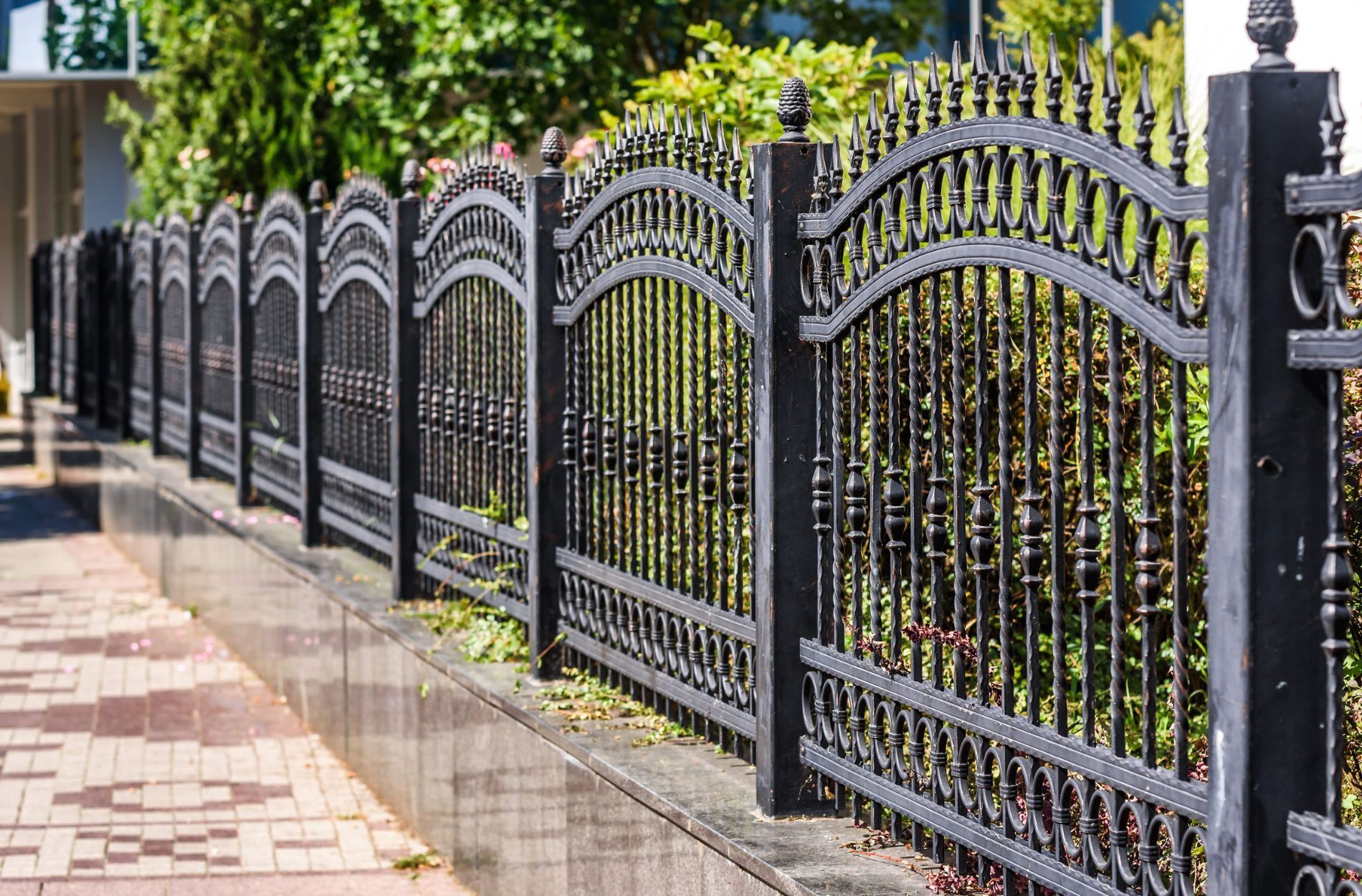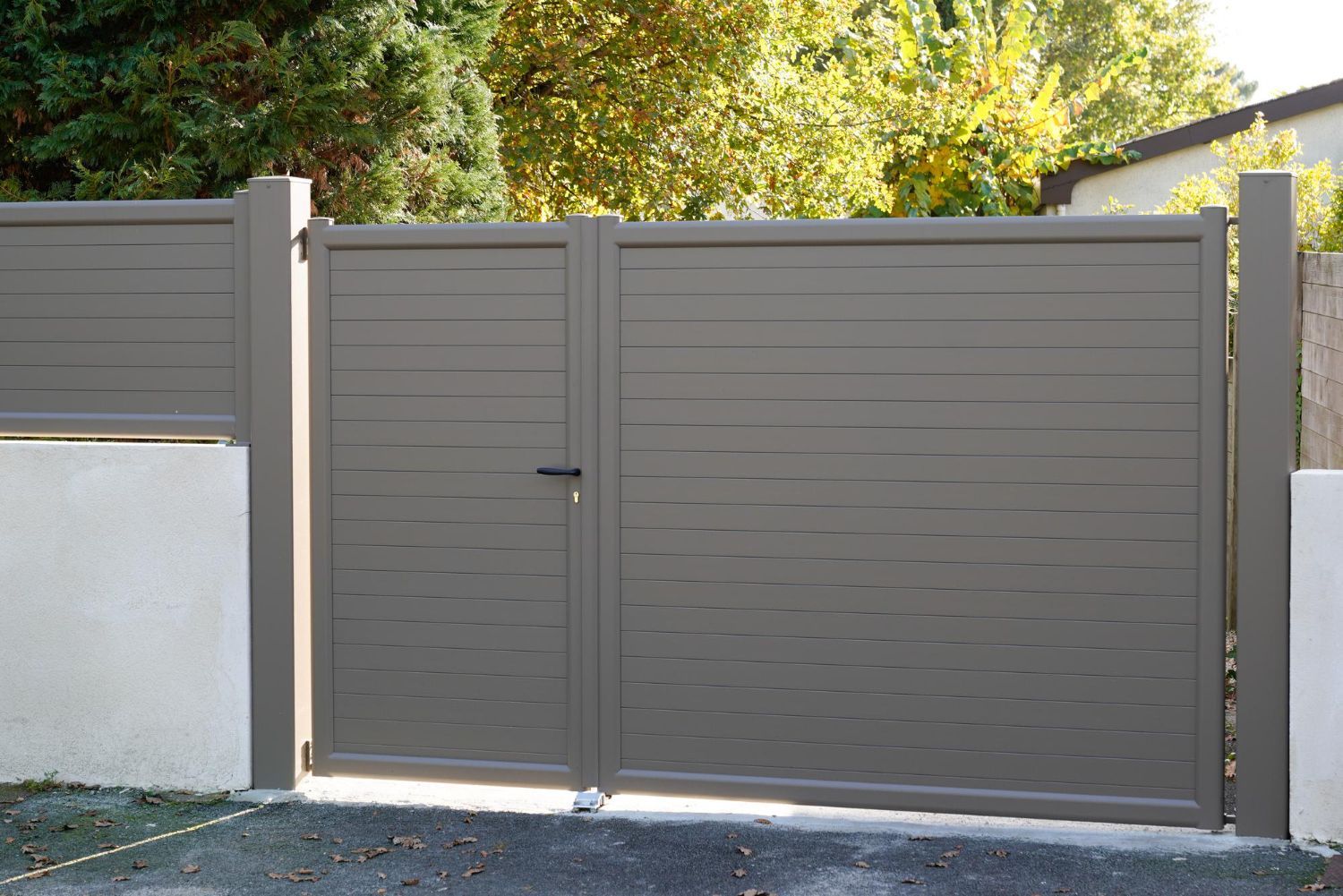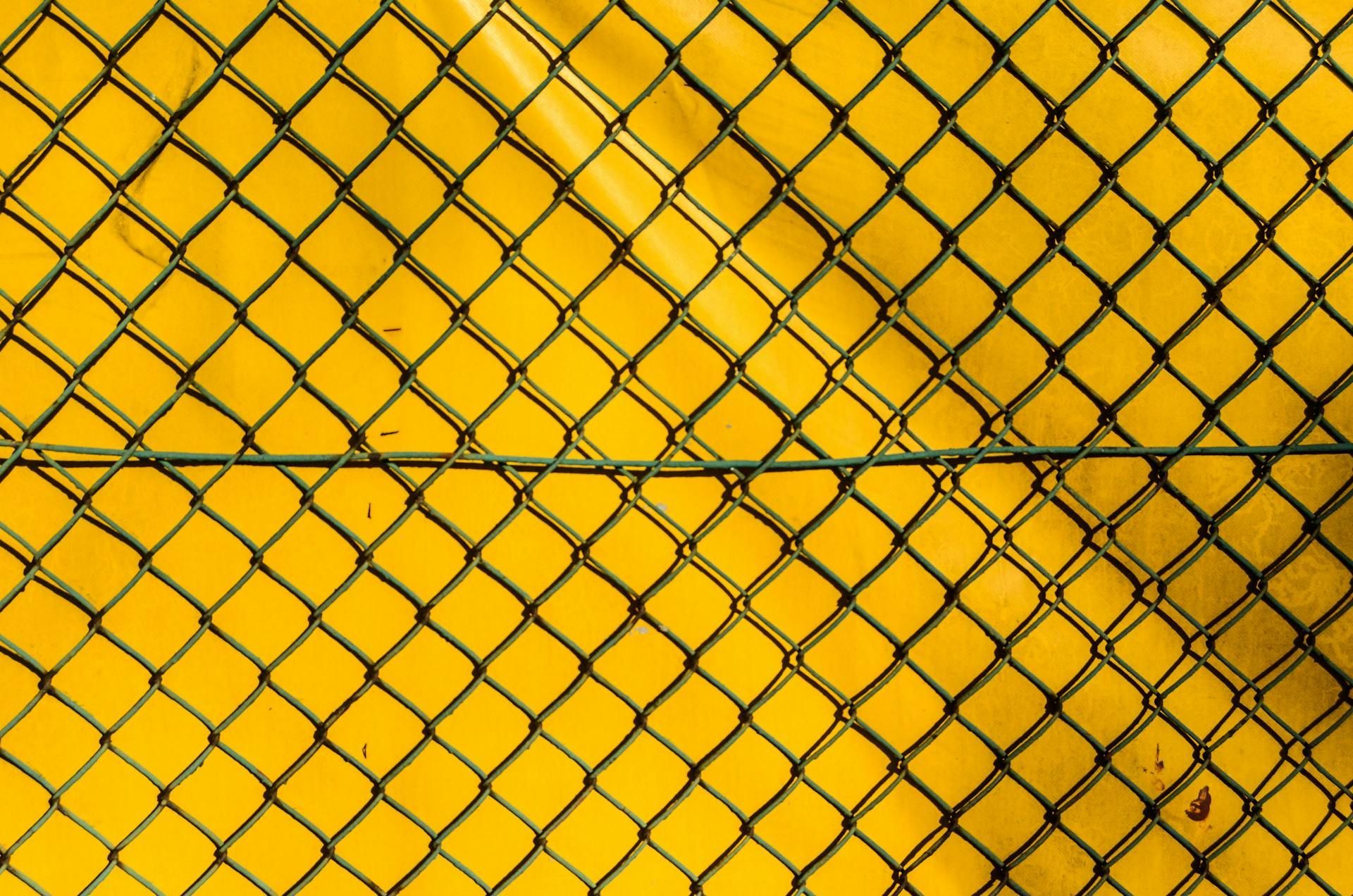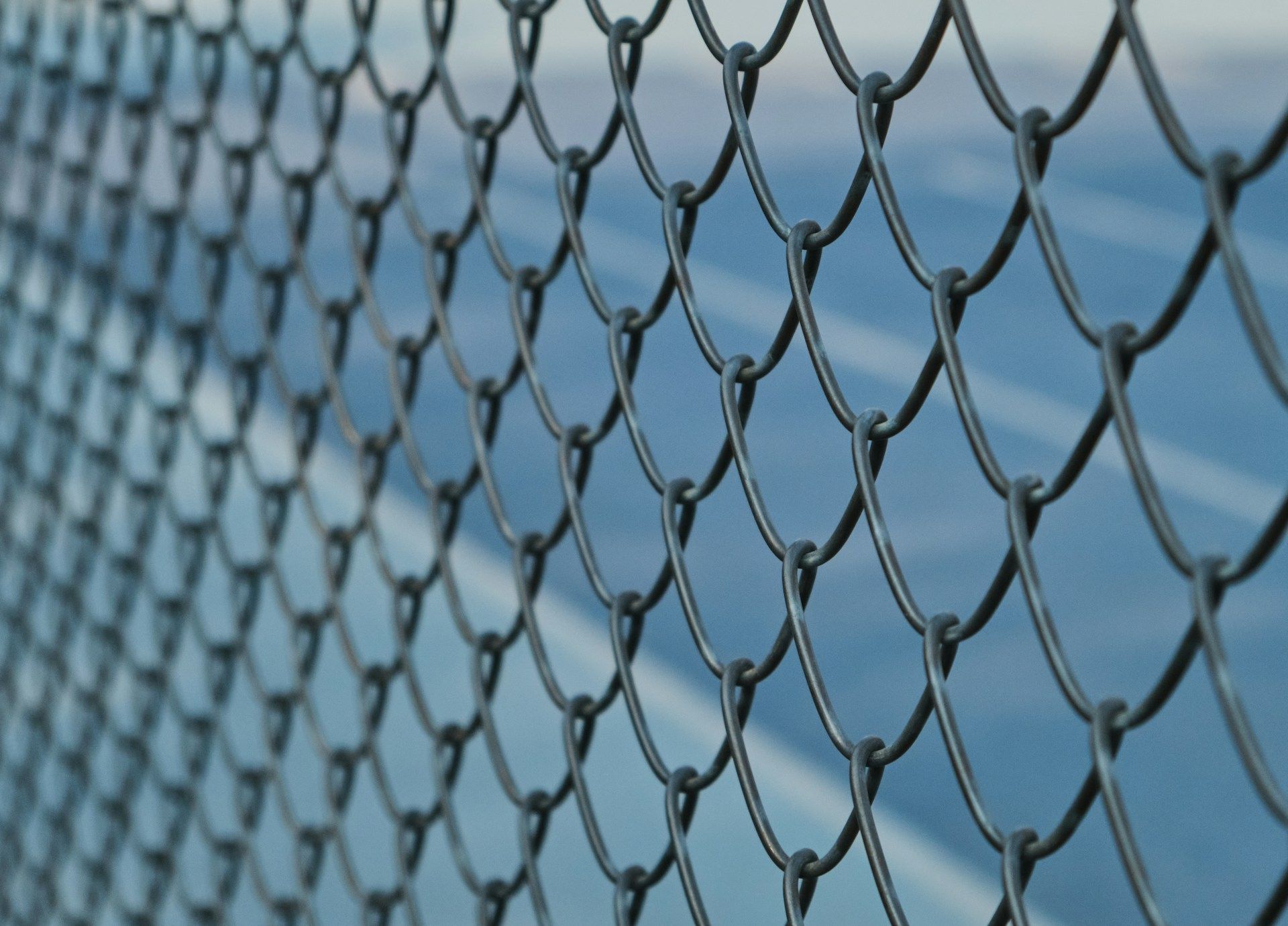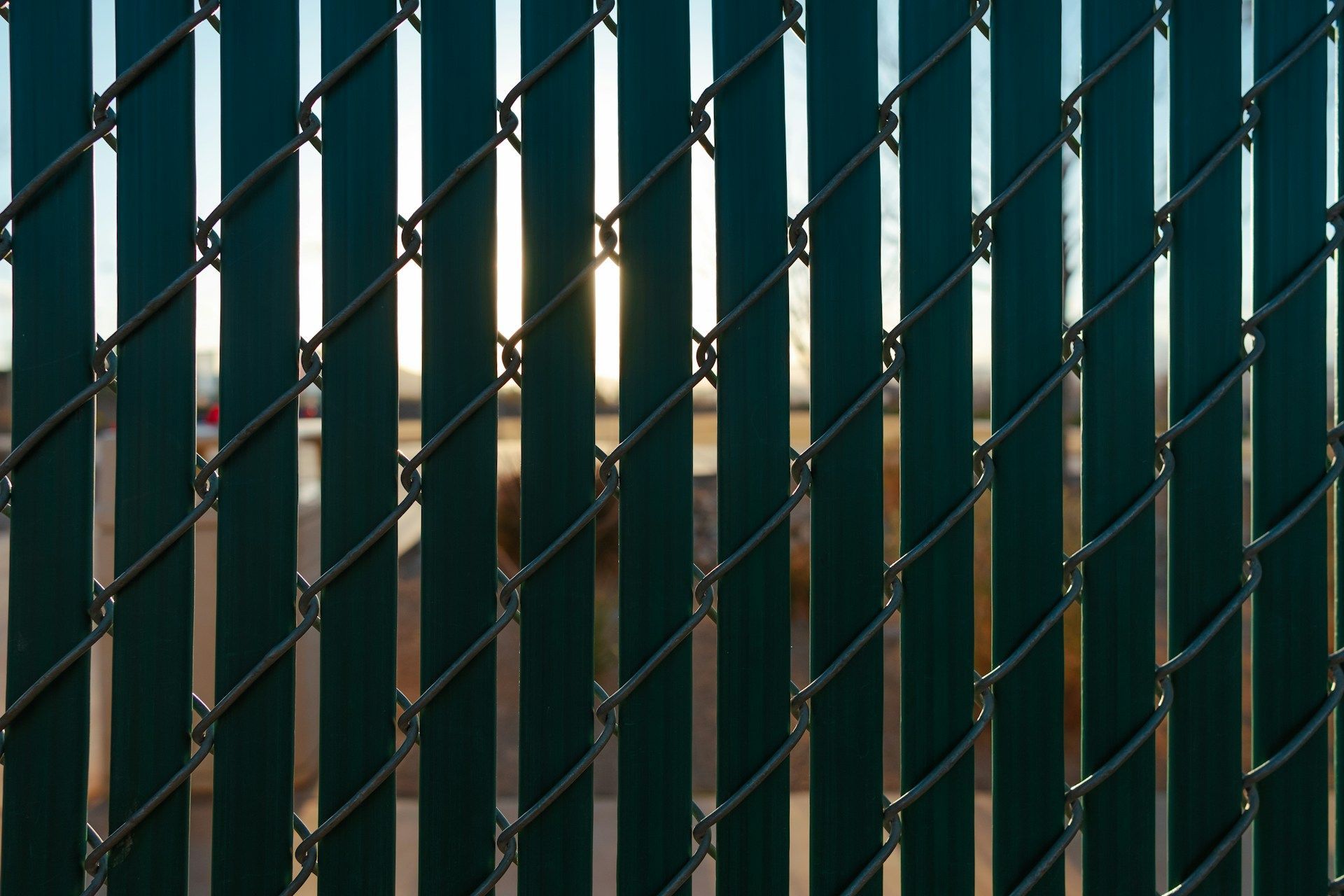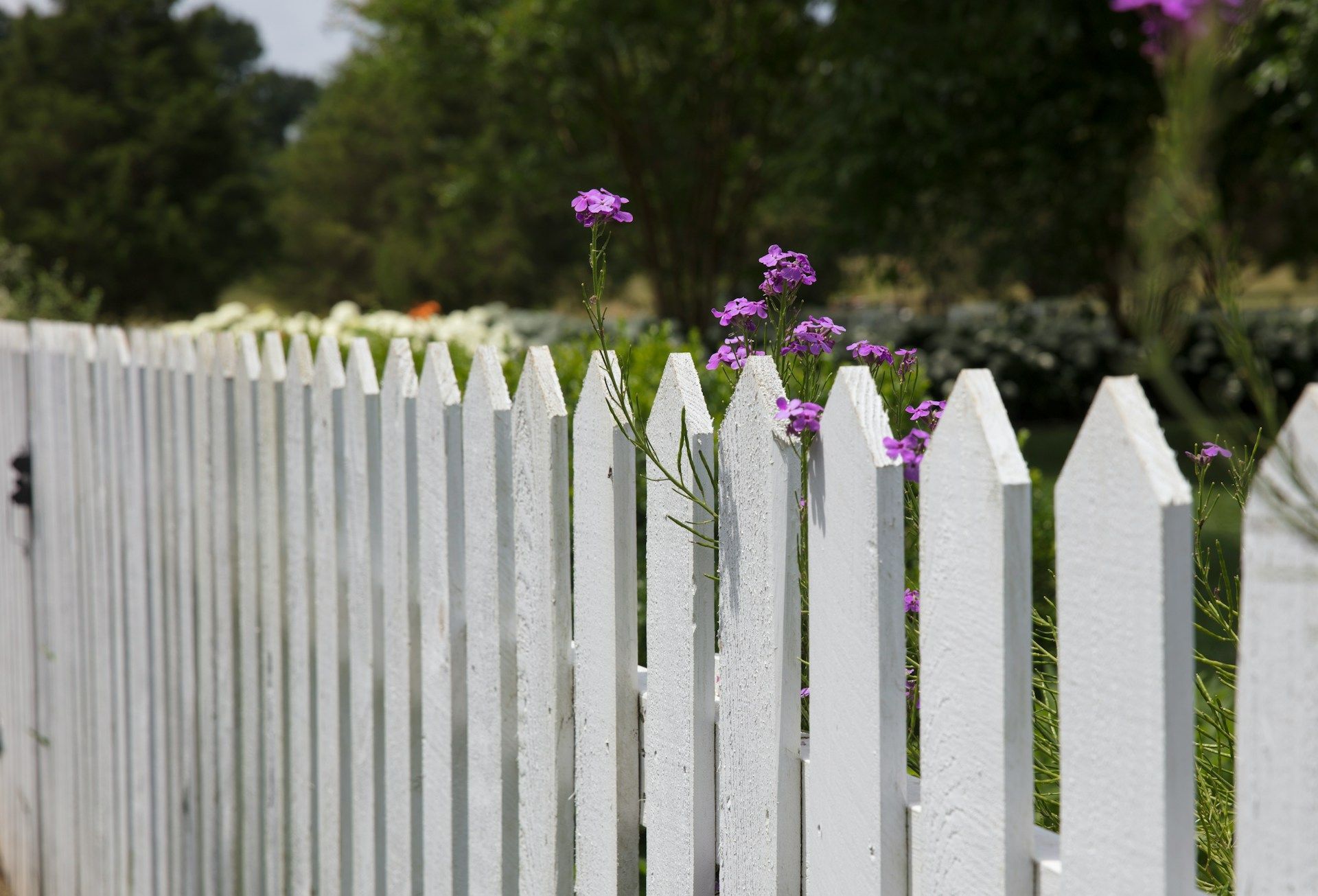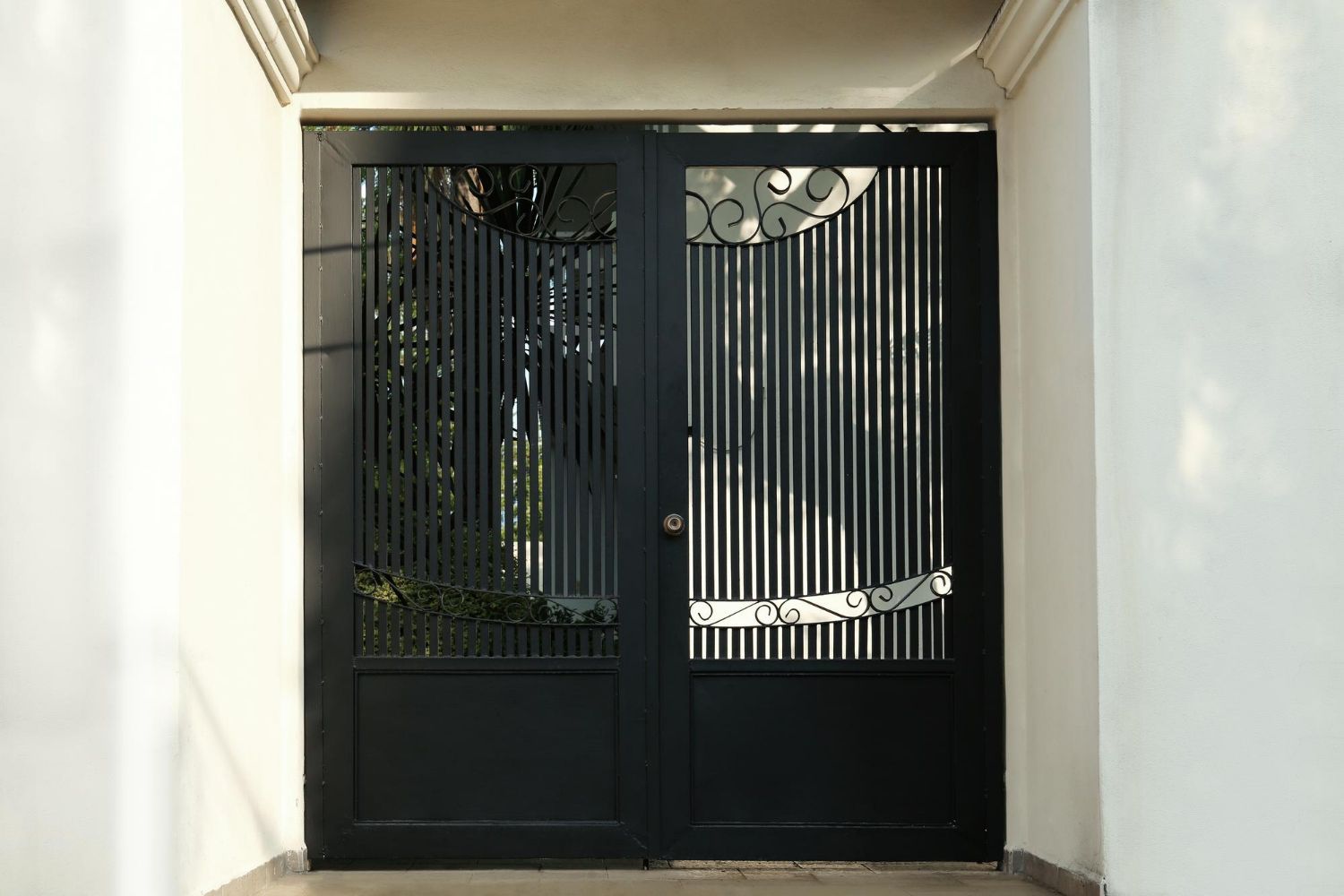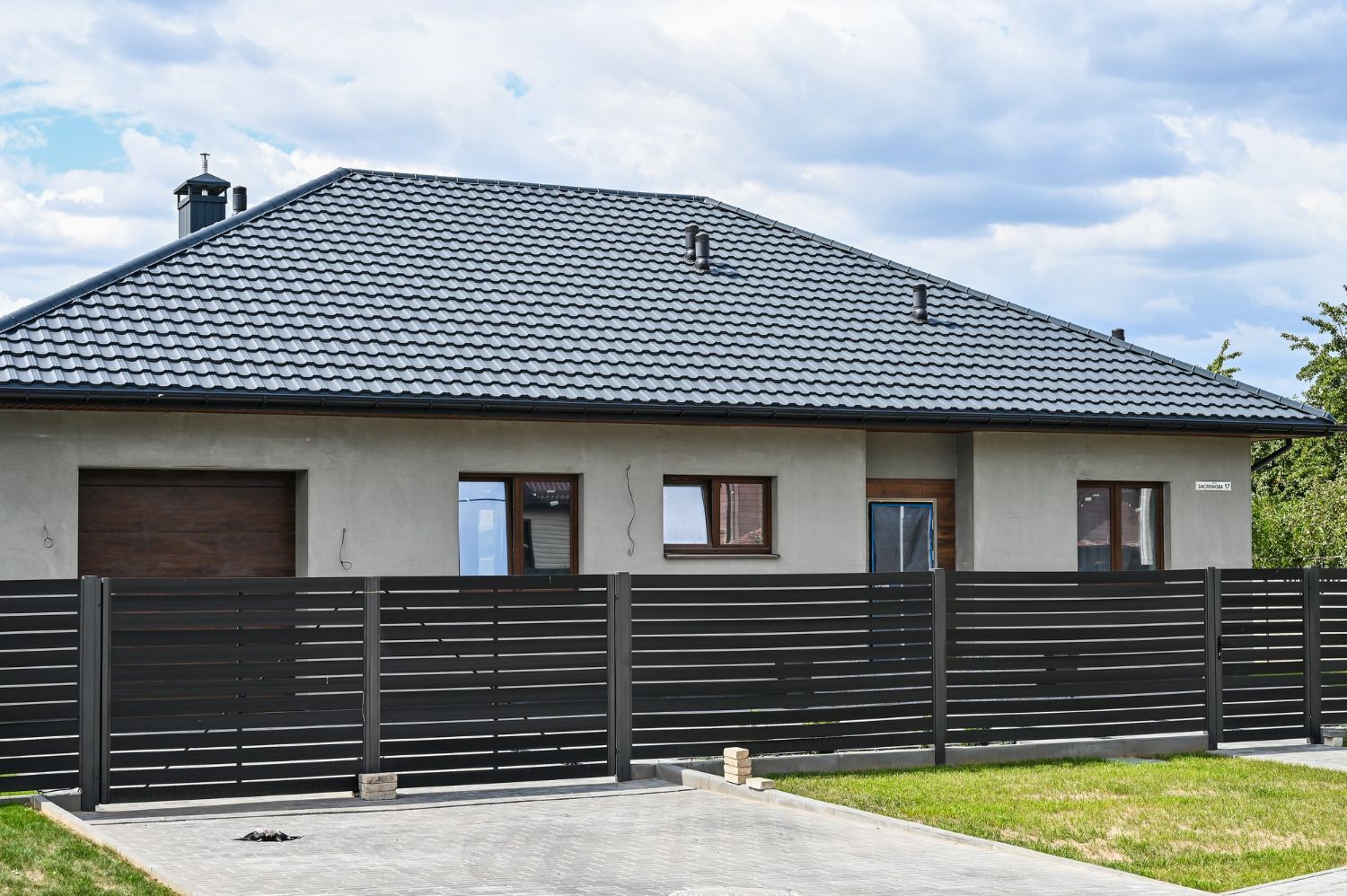Choosing the Right Fence for Your Business Needs
Selecting the perfect fence for your business can make a big difference in securing your property and maintaining a professional appearance. With so many fencing options available, choosing the right one for your unique needs might seem overwhelming. Understanding your specific business needs is crucial whether you're looking to enhance security or define your property’s boundaries.
Fencing is not just about marking territory; it also plays a vital role in protecting your assets from theft and damage. Different businesses have different requirements. For example, a farm might need fencing to keep livestock safe, while a warehouse might need strong security features to prevent unauthorized access.
By assessing what you aim to achieve with your fence, you’ll be one step closer to making an informed decision. As we explore the types of commercial fencing and factors to consider before installation, you’ll gain insights that will help you find a fence that meets your needs and suits your budget. Choices like chain link, wrought iron, and security fences will be covered, offering options tailored to different business scenarios.
Understanding Your Business Needs
Choosing the right fence starts with understanding the specific needs of your business. Every business operates differently, and your fencing requirements can vary greatly depending on your sector and the nature of your activities. Fencing is an investment in safety, security, and functionality, so identifying your goals is key.
Identify the main purpose of the fence. Are you looking to enhance security, establish property boundaries, or improve aesthetic appeal? For instance, a retail business might prioritize security to deter theft, while a farm might need sturdy fencing to contain animals and protect crops. Knowing what you want your fence to accomplish helps narrow down suitable materials and designs.
Consider the location of your business. Urban areas might need higher security due to increased risks of vandalism or burglary. Rural settings, on the other hand, may require less intimidating but more durable barriers to account for wildlife. Evaluate the environmental conditions, like wind and seasonal weather patterns, as some materials withstand them better than others.
Think about access control. If your business has multiple entry points or needs regulated access, consider how a fence can integrate with gates, cameras, and other security systems. Having a clear plan for access is crucial for businesses that manage deliveries or heavy traffic.
Finally, consider legal considerations. Zoning laws and regulations may impact your fencing choices, particularly in industrial areas. Make sure the fence complies with local codes to avoid fines and penalties.
Types of Commercial Fencing Options
Several commercial fencing options are available, each with its benefits and ideal applications. Choosing the right type depends on the specific business needs you identified earlier. Here’s a look at some popular options:
1. Chain-Link Fencing:
Known for being cost-effective and durable, chain-link fences provide a clear visual barrier without blocking the view. They are perfect for covering large areas and offer flexibility in height and coatings for increased longevity.
2. Wrought Iron Fencing:
Offers a classic look and strong protection. Wrought iron is highly customizable with options for ornamental designs, adding both security and aesthetic value to properties like parks or historical sites.
3. Vinyl Fencing:
Ideal for businesses needing privacy or wishing to create a polished appearance. Vinyl is low maintenance with a clean look, making it suitable for office buildings or retail spaces.
4. Electric Fencing: Provides high security and is often used in facilities that require intense protection, like storage units or high-risk business operations. This type acts as a strong deterrent without altering the physical landscape too much.
5. Farm and Livestock Fencing:
Designed to keep animals safe and contained, these fences come in various forms, such as barbed wire or wood. They are essential for agricultural businesses where fencing must be robust.
Factors to Consider Before Installation
Before installing a fence, consider some critical factors. Proper planning can save time and money and ensure that the fence serves its intended purpose effectively.
Budget is a major consideration. Determine how much you're willing to spend, including initial and maintenance expenses. While some fences might be cheaper upfront, others might last longer and require less upkeep, leading to cost savings.
Location and terrain can affect the type of fence you choose. Uneven or rocky terrain might limit your options or require additional work to ensure a sturdy installation. The local climate also influences the choice of materials. Some materials fare better in humid conditions, while others are more suited to dry, windy environments.
Think about privacy and security needs. Some businesses prioritize visibility, while others require total privacy. Consider if the fence needs to block sound or protect against wind, which might require solid panels or special designs.
Aesthetics matter, too, especially for businesses that focus on customer experience. Ensure the fence complements the surrounding environment and aligns with your brand image.
Maintaining Your Chosen Fence
Maintaining your fence is essential to ensure its longevity and effectiveness. Regular care not only keeps it looking good but also strengthens its security features.
Start with routine inspections. Walk the perimeter of your fence regularly to check for signs of wear and tear, such as rust on metal parts, warping on wood, or cracks in vinyl. Catching these early means addressing small issues before they become big problems.
Cleaning your fence is another important task. For metal fences, this might mean removing rust or repainting. Wood fences benefit from regular sealing to protect against rot and pests. Vinyl fences can usually be cleaned with a simple soap and water solution.
Consider seasonal maintenance. In winter, make sure snow and ice don’t damage the fence, and in summer, watch out for excessive sun exposure that can weaken its structure. Check for soil erosion around posts and ensure that they remain secure and stable.
Conclusion
Choosing the right fence for your business involves understanding your specific needs, exploring the types of fencing options available, and considering several factors before installation. Each choice, from materials to design and placement, plays a role in the safety, security, and aesthetic appeal of your business. Proper maintenance ensures that your investment stands the test of time and continues to serve its purpose effectively.
Enhance your business's security and look with carefully selected
commercial fences that meet your needs. California Commercial Fence can help you choose and install the perfect fence. Our experts are ready to assist you in creating a secure and professional environment for your business. Don't wait—contact us today to find out how we can help protect and define your commercial space.
California Commercial Fence
Contact Us
Location Address
8844 S Indianola Ave, Selma CA 93662
Send Us A Message
Call US Today
All Rights Reserved | California Commercial Fence | Website Design by Egility Digital

